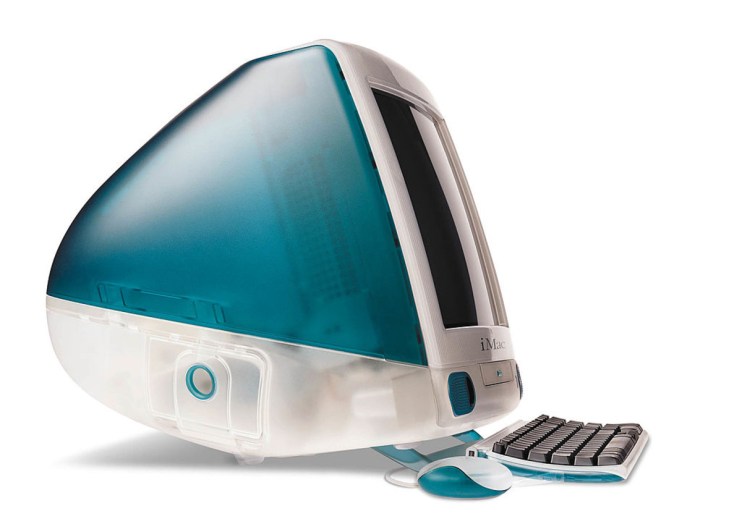Monday, April 8, 2024 at 5:20 am

Algorithms and clickbait are taking away the risk-taking spirit the internet was built on, but we can bring it back, writes Kyle Duckett
I’m old enough to remember the excitement and anticipation of booting up an internet modem. A series of beeps, squeaks, and static-filled whistles—to me, it sounded like a robot trying to communicate with alien technology. This sound will forever remind me of the early days of the internet: the weird websites, the clunky chat rooms, the excitement of discovering something completely random and unexpected. There’s a sense that if you can explore it all from home, anything is possible. But lately, it does feel like some of the magic has been lost. I found myself wondering, is the internet still fun?
We live in a world where some of the big tech giants, powered by super-powerful algorithms, have created an ecosystem of dopamine doses designed to keep us glued to our screens. Our feed is curated with exquisite precision, reinforcing our existing beliefs through the content and people we see. While “interest” and comfort are often cited as goals, cost cannot be ignored. We’ve lost the early Internet’s sense of serendipity and excitement of alternative perspectives. As our online world becomes narrower, so does the likelihood that we stumble upon something surprising and delightful—not exactly the digital adventures of my youth.
It’s not just us that things are changing. For online brands, there is an ongoing tension between creating truly engaging and thought-provoking content and resorting to outrage or controversy to gain those valuable impressions and reach. Of course, the latter is particularly effective at attracting attention, but it also ultimately erodes trust and contributes to a toxic online climate, making the internet a less than pleasant place for everyone.
I recognize that some of my current frustrations may be nostalgia in disguise, deliberately oblivious to slow loading times. But it still feels like something is missing. With algorithms silently but powerfully guiding our every click, we’ve lost a bit of that spontaneous, anything-can-happen feeling.
But hope is not lost. We don’t have to settle for less. If you look for them, you can still find those corners of the web where creativity and real connections thrive. Exploring niche communities on platforms like Reddit or Discord, as well as subreddits and dedicated servers for everything from mushroom hunting to retro video game fixes, showed me that there was still a vibrant space to inspire the same kind of excitement that defined the early internet A joyful sense of discovery.
Brands also have the opportunity to enter these worlds or help create spaces that not only encourage but design discovery and exploration. Tap into the nostalgia of the early days of the internet and don’t get caught up in trying to craft the next viral piece of content or comment to create the next “brand” moment (FYI, the absolutely annoying trend of brands talking to brands as they think) Consumption those who actually care need to stop).
We should also remember that these major shifts in internet culture—our concerns about privacy, our distaste for how much power a handful of companies have—actually reflect what’s happening in the wider world. It’s normal to want a say in our online lives. The desire for transparency and control can improve the digital space for everyone.
Here’s the thing: As users, we can get some fun back. Be picky about what you follow. Find those corners that are exciting or interesting. Put away your phone and take a break from doomscrolling. Our ability to temporarily disconnect is as important to enjoying the Internet as being plugged in.
For brands, we don’t have to simply accept that this is how the internet works now. We may not be able to go back to the Internet of 1999, but we can focus on making real connections. While other brands may be chasing the latest trends, you can break the rules and make fun, discovery and exploration a core part of your presence in the world. You can play a key role in helping recreate the happy, weird, and surprising side of the internet.